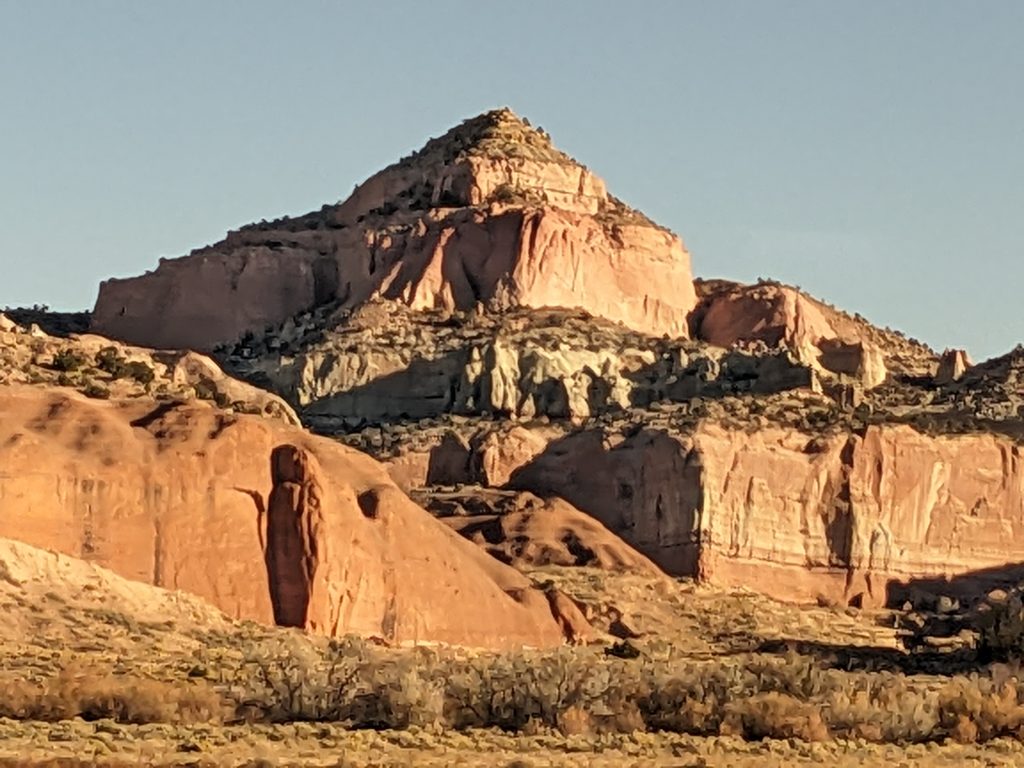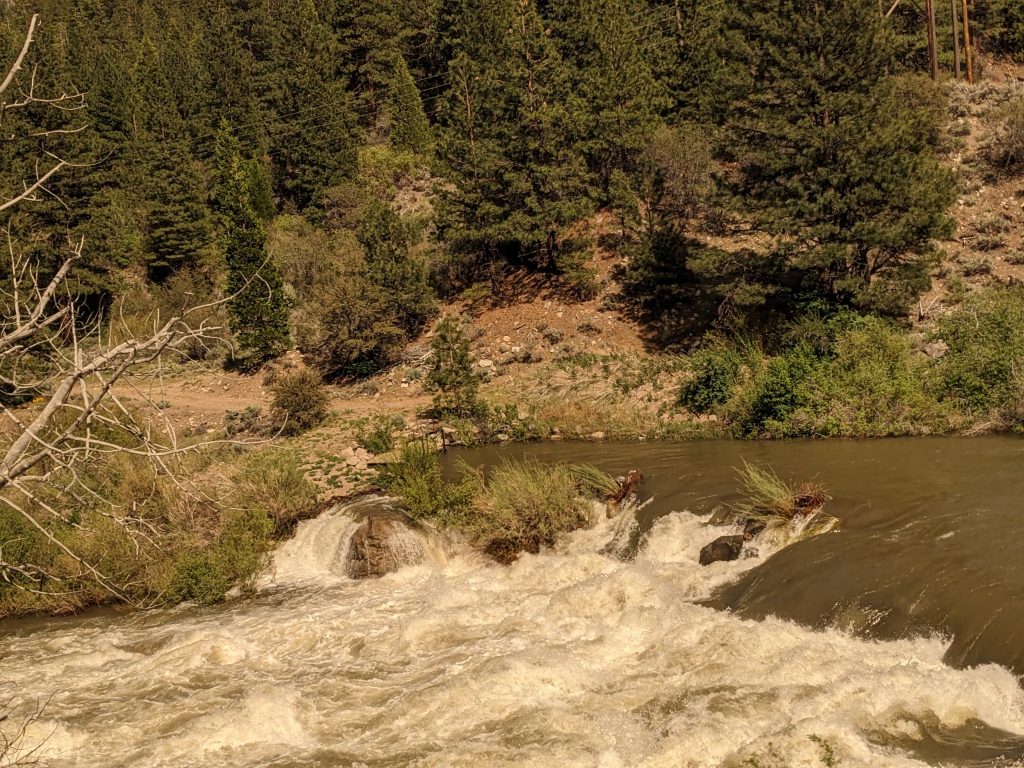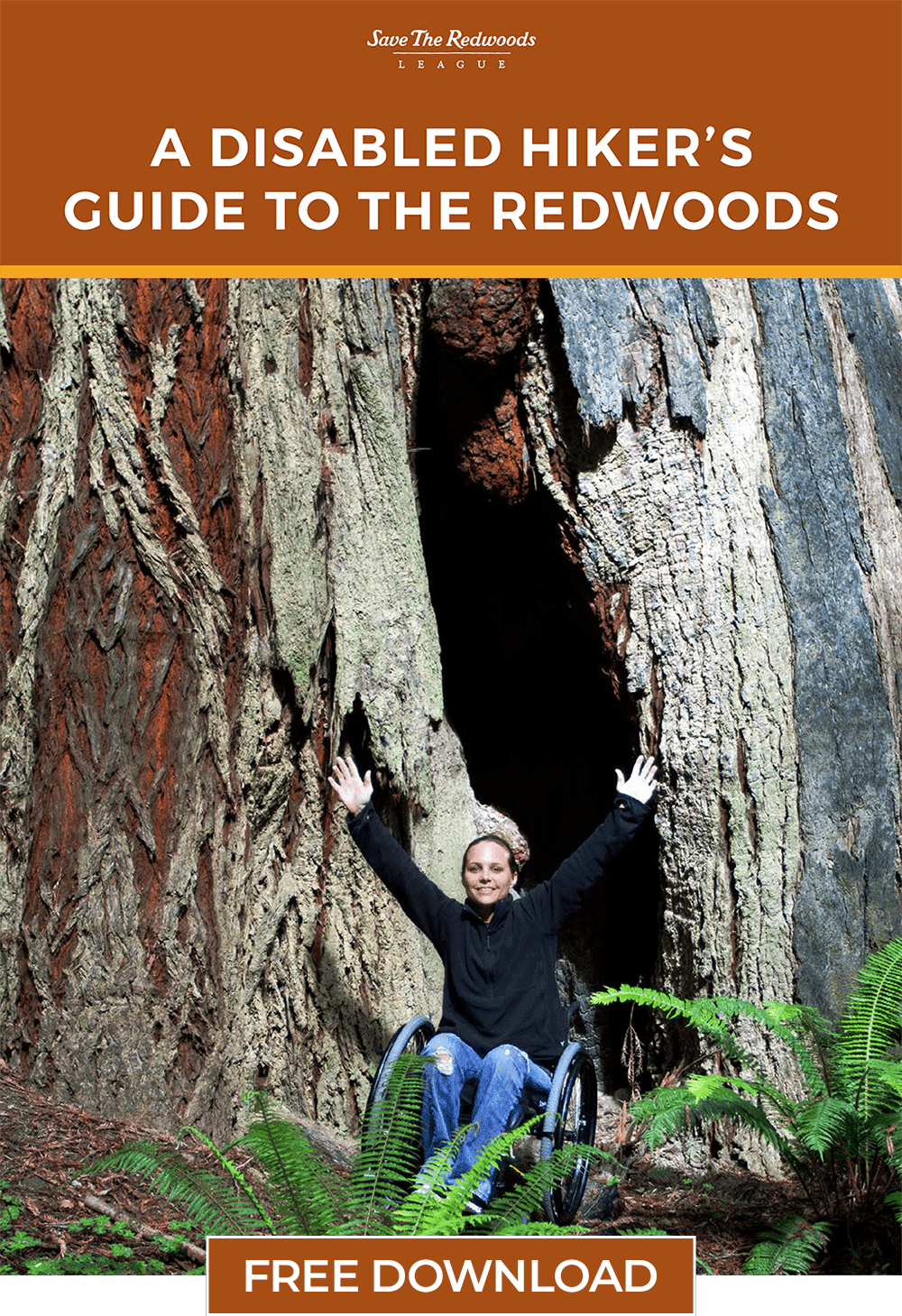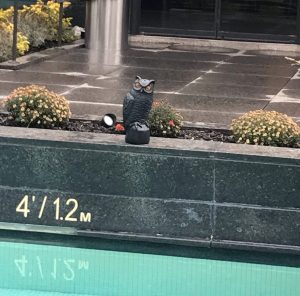I jay-walk in almost any city I’ve been t0: I’m a New Yorker, I think it’s inborn. I’ve jaywalked in Paris and London and Helsinki, San Francisco and Boston and Chicago–sensibly, because I’m not a stupid New Yorker. There are the streets you dart across, and the ones you look at and think, Oh, Hell no.
But I do not jay-walk in Los Angeles. This is not just because I don’t know another city that is as car-centric as LA, but because the city isn’t physically set up for walking, let alone jay-walking. As I write this I’m in LA, visiting my aunt. Most days, unless it’s pouring down buckets, I like to get out of the house and take a walk. My aunt’s house is at the base of a hill, and about a block away from one of the ubiquitous freeways. Logically, I’d prefer to walk up the hill–except that for many blocks there are no sidewalks, and I have an unreasoning prejudice about walking in the middle of the street in a town where some drivers do not acknowledge the existence of speed limits. So even if it means strolling down Sepulveda Boulevard–a long, uninteresting road that parallels and is largely overshadowed by I-405, I choose to walk where there are sidewalks.
LA does not make this easy. Yesterday I struck out from my aunt’s house and, rather than marching determinedly down Sepulveda southbound (which is not only uninteresting, but largely unpopulated except by the people driving by) I decided to walk toward Barrington Avenue and a small shopping area a little less than a mile from the house. A nice stroll (with, as it turned out, a cup of coffee and a brownie at the end of it). To do this, I had to cross the interstate via an underpass at Church Street. Fine. The crosswalk dictated that I cross on the southern side of the street. So I crossed and kept on walking under the interstate. Unfortunately, on the other side of the underpass the sidewalk (to which I had been directed by the necessity of crossing Sepulveda on that side) stopped. There was a well-worn dirt path, but no sidewalk. And crossing to the other side of the street, where there is a sidewalk, was rendered inadvisable by the fact that the street is curved, with lousy visibility, and people tear up and down it on their way to and from the I-405 exit/onramp. So I stayed on the dirt path until I reached a traffic light (just before the aforementioned exit/onramp) when I was able to cross to the other side of Church, and a sidewalk.
At the next intersection, at Sunset, I needed to turn west. However, having had it demonstrated to me that sidewalks are not a given, I looked west on Sunset and realized that the sidewalk on my side of the street was only there for another 100 feet or so. Okay, fool me once, shame on me. Fool me twice? That’s curiously biased city planning. So I crossed Sunset (which is a six-lane monster–you can bet I waited patiently for the light), turned right, and continued onward until I reached South Barrington Avenue, where the shops I was heading toward beckoned.
I will note that there are many single-family dwellings–classy, multi-car, expensive houses on either side of Sunset. On the southern side, where I was walking, there was a sidewalk. On the northern side: no sidewalk. The houses all had handsome gates and fences which fronted on brief, probably very expensive expanses of lawn, then the curb, then the insanity that is Sunset Boulevard. In my imagination, if I had decided to despoil the lawns in my stroll it would have been looked on with disfavor and maybe a call to 9-1-1. Lack of sidewalk says “stay away”. I don’t know why the houses on the west side of the street have a sidewalk (which runs along the handsome gates and fences, and sometimes even briefer expanses of lawn). Perhaps the west side lost the toss. The sidewalks have accessibility cuts for wheelchairs, because they are required by Federal Law. But I don’t think anyone imagines that people are actually using them.
Waaaay back in the 1970s I spent six months in LA, and even tho’ I had a car, sometimes I opted to take a walk. In those days walking was less thought of even than now–at least twice when I took a walk someone pulled over to ask if my car had broken down. I felt like I had arrived in the Bradbury story “The Pedestrian.” I began to suspect that if I had been in the runner’s regalia of the time (which included spandex leggings and a sweatband, and Nope) I might have been comprehensible. But just walking? Too weird.
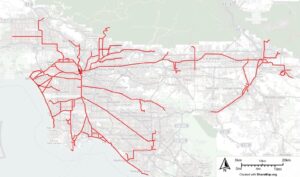
In Who Framed Roger Rabbit, Eddie Valiant (played by the late, wonderful Bob Hoskins) says, “Who needs a car when we got the best transportation system in the world?” The transportation system he’s talking about were the streetcars–the Red Car (regional) and Yellow Car (local) systems–which was “the most extensive urban rail transit system in America, if not the world,” according to historian Colin Marshall. My mother and my aunt, who grew up in LA, doubtless knew the streetcars well. In seeking the quote above, I found a brief history of the Pacific Electric Railway system and how it came to dwindle and die. Short answer: it wasn’t Judge Doom with a nefarious noir-ish plot to dismantle the streetcar system and profit from “Eight lanes of shimmering cement running from here to Pasadena!” As elsewhere in America, people liked cars, liked the freedom they gave, and as soon as they could afford to, they drove rather than use the streetcars. The Red Car went out of business in the early 60s. The LA Metro System, which combines subway and buses, has come to replace some part of it, as people came to understand the ecological and economic costs of driving everywhere.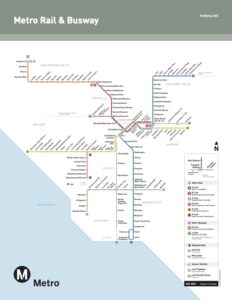
But you still need a way to get to the Metro. And until LA invests in sidewalks that exist reliably on both sides of the street, that’s going to be a challenge.



